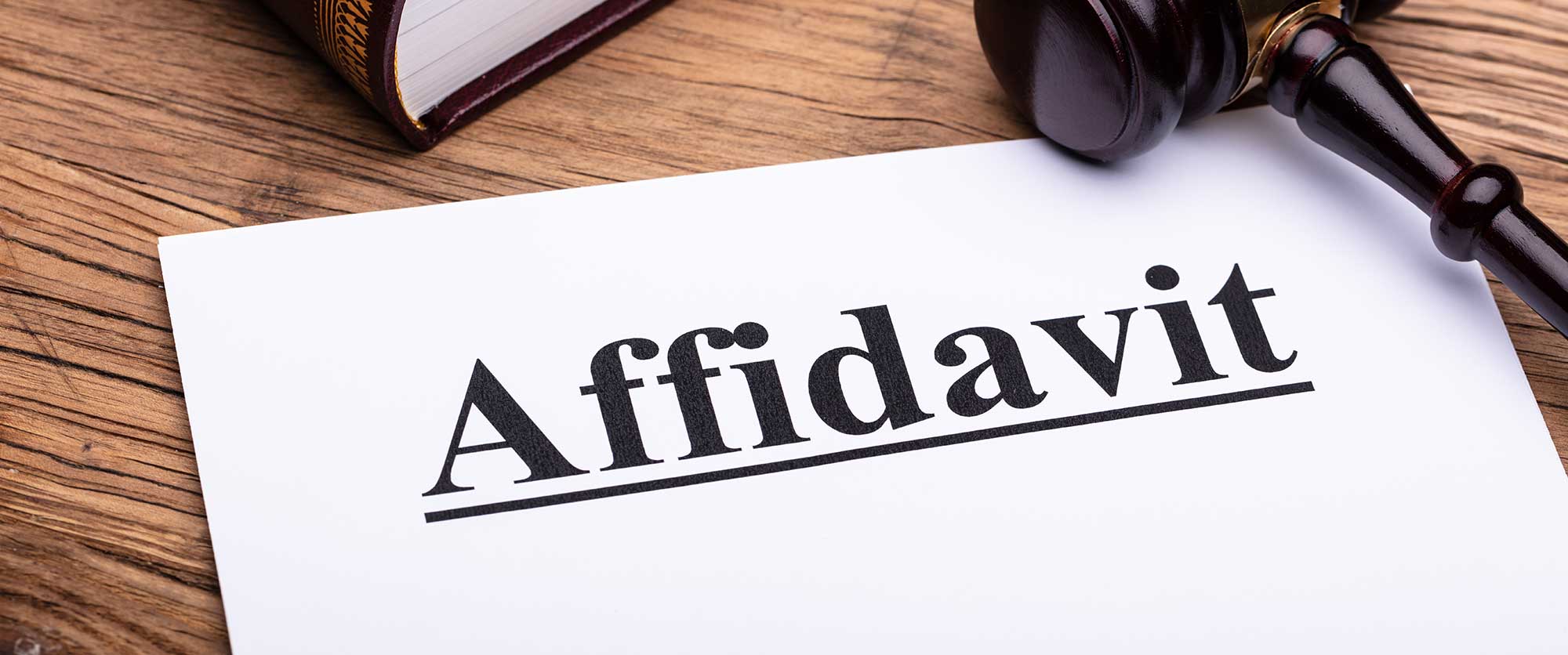The Key to a Strong Answer in a Collection Lawsuit: Draft a Solid Counter Affidavit

Here is what I know: When responding to a collection lawsuit, a powerful defense goes beyond just filing an Answer. The key is to prepare a detailed Counter Affidavit supporting your Answer and Affirmative Defenses with a Counter Affidavit. In fact, in many states—Michigan included—it’s not only a strategic move but sometimes a legal requirement.
Why the Counter Affidavit Matters:
- Legal Necessity (in Michigan):
Michigan law states that if the creditor files an affidavit claiming you owe a certain amount, that affidavit becomes “prima facie evidence” of the debt if you fail to include it with your Answer. To avoid an automatic loss, you must file your own affidavit with your Answer, denying their claims. Without it, you risk losing by default. - Strengthens Your Defense:
Your Counter Affidavit can highlight flaws in the creditor’s documents. Many collection affidavits contain errors, lack proper details, or fail to prove the debt is actually yours.
What to Include:
- Challenge Their Affidavit & Documents:
Show that their affidavit doesn’t specifically tie the alleged debt to you. If it’s missing key information or contains errors, point these out. - Identify Weaknesses in Their Complaint:
Find the “linchpin” of their claim—the crucial piece their entire case relies on—and attack it. Removing this foundation can push them toward settlement or even lead to a dismissal. - Add Your Affirmative Defenses:
If you’re claiming a statute of limitations defense, identity theft, lack of a valid contract, or that another state’s law should apply—include the facts supporting these defenses in your affidavit. This provides a factual backbone for your Answer and Affirmative Defenses. - Leverage Their Own Disclosures:
Sometimes, the creditor tries to act like a debt collector, even in their lawsuit, by adding disclaimers or “mini-Miranda” language. This might trigger certain validation requirements under state or federal collection laws. Mentioning this in your affidavit can strengthen your position in put the Plaintiff in further legal jeopardy.
Bottom Line: Your Counter Affidavit is often your Exhibit #1—essential to winning or at least negotiating a better settlement. By doing the groundwork in the Counter Affidavit before finalizing your Answer, you guide the case toward a more favorable resolution, using the plaintiff’s own documents and bad pleadings, against them. Good luck!
Brian Parker

Hi, I am Brian Parker. My collection solutions leverage more than 30 years of rigorous legal battles and lawsuits against creditors and financial bad guys across various state and federal jurisdictions (I have seen it all). From insightful video tutorials and comprehensive course materials to a wealth of customizable legal documents, we equip you with battle-tested strategies to fortify your collection self-defense. Each video distills decades of legal wisdom and content into digestible, 10-30 minute segments, backed by a trove of research and practical tools (behind the curtain people rarely see), promising unmatched value for your membership investment.
